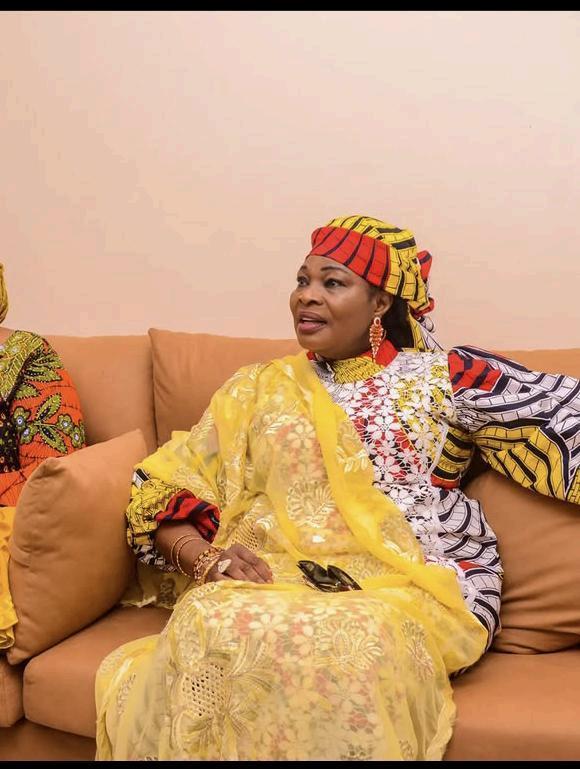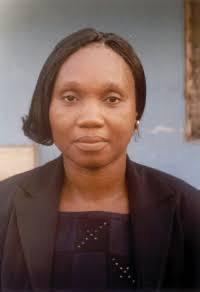Nigeria remains a heavily patriarchal society, where most sectors—especially politics—are still dominated by men, despite women making up nearly half of the population. This imbalance leaves female representation alarmingly low, particularly in leadership and decision-making roles.
Local and international organizations have continued to promote women’s inclusion in leadership spaces. However, despite a fair number of Nigerian women expressing interest in public service and politics, the actual number of those who get elected or appointed remains minimal.
According to data from the National Bureau of Statistics in the mid-2010s, women and girls in Nigeria have largely been left out of political conversations. The data showed that only 51% of Nigerian women voted during elections, and fewer than 7% held any political office. While some regional differences exist—with southern states often performing better than their northern counterparts—female representation remains low nationwide.
In Ebonyi State, a few notable women have defied the odds and paved new paths in leadership.

One such woman is Princess Patricia Obila, the first female Deputy Governor of Ebonyi State since its creation in 1996. Before this historic appointment, she served two terms as Vice Chairman of Afikpo North Local Government Area. She ran alongside Governor Francis Nwifuru in the 2022 general elections.

Another trailblazer is Dorathy Obasi, the first woman elected into the Ebonyi State House of Assembly. In a post-election interview, she credited her victory to the strong support from Ebonyi women who rallied behind her candidacy.
Other women have also made their marks in the state’s political and social scenes. Mrs. Mary-Maudline Nwifuru, the current First Lady of Ebonyi State, recently received the First Lady of the Year Award (2024) for her humanitarian efforts. Lady Mary Nkwegu, founder of the Ebonyi Women Group, and Mrs. Antonia Nwuruku, wife of senatorial candidate Ambassador Lawrence Nwuruku, are among several women who continue to lead initiatives in their respective areas.
Globally, there is a push to increase women’s involvement in decision-making. The United Nations, under its Sustainable Development Goal (SDG) 5, has set a target for full and effective participation of women in leadership roles by 2030. Indicator 5.5.1 specifically tracks the proportion of seats held by women in national parliaments and local governments. The UN recognizes that gender balance in leadership is essential to achieving broader sustainable development outcomes.
In Ebonyi State, however, women’s participation in politics remains limited, despite government efforts to reserve a percentage of political positions for women in line with the national 35% affirmative action policy. Factors such as low educational attainment and persistent gender discrimination continue to hamper women’s political engagement and community development contributions.
One significant challenge is the rural-urban divide. Over 90% of Ebonyi women live in rural areas spread across 13 local government areas, limiting their access to political networks and opportunities.
Another barrier is the lack of adequate support from political parties. Many female aspirants are not given party nominations or access to campaign financing. The cost of running for office is also extremely high. For instance, a presidential nomination form under one of Nigeria’s major political parties costs up to ₦45 million. This cost alone discourages a large portion of the population from contesting—especially women—considering that over 82.9 million Nigerians live in poverty.
Other challenges include low self-confidence, voter bias, and lack of resources, especially for women who are new to the political space and lack proper mentoring or experience.
While these issues are complex, they are not insurmountable. The efforts of women who have broken through the system serve as a reminder that change is possible. With deliberate action, increased awareness, better education, and stronger support systems, more Ebonyi women can take up space in leadership and politics—and inspire the next generation to do the same.
Got insights on politics, economy, governance, or society? Share your perspective! Submit your opinion pieces and contribute to meaningful discussions. Send your submissions to ebonyinews.ng@gmail.com

